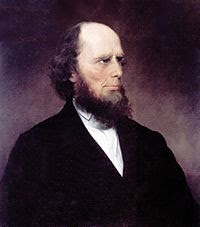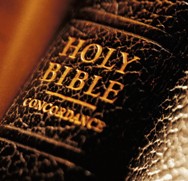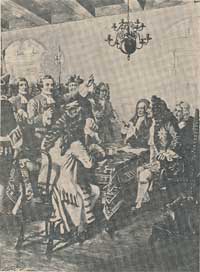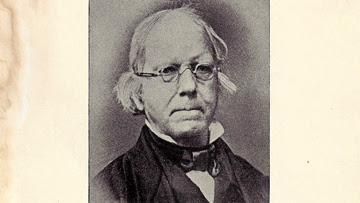Posts
Showing posts from April, 2017
5 Minutes in Church History: Philip Melanchthon
- Get link
- Other Apps
God's Power Made Perfect in Weakness
- Get link
- Other Apps
Less A Problem of What the Spirit is Doing and More a Problem of What We Say
- Get link
- Other Apps
Waiting and Longing to Hear God’s Word
- Get link
- Other Apps
Samuel B. Wylie: The Duty of Christians Under Wicked Rule
- Get link
- Other Apps
"Woe to the one who quarrels with his Maker— … Will the clay say to the potter, ‘What are you doing?’"
- Get link
- Other Apps
'My son was dead, and is alive again; he was lost, and is found'
- Get link
- Other Apps
Lord, who shall abide in thy tabernacle?
- Get link
- Other Apps
Rev. Asa Hillyer [1763-1840] 'Stand Still and See the Salvation of God'
- Get link
- Other Apps
5 REASONS PASTORS SHOULD CARE ABOUT CHURCH HISTORY
- Get link
- Other Apps
We are lords! We don't need Him anymore!
- Get link
- Other Apps

















